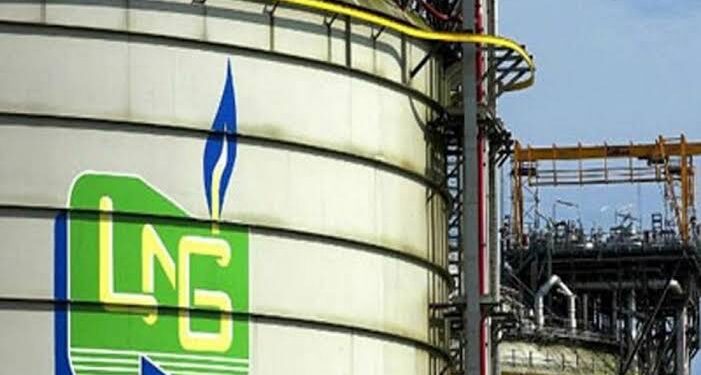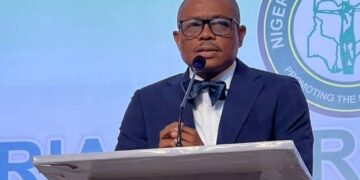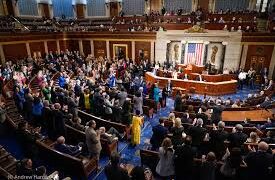According to the company’s 2024 facts and figures, the Federal Government received about $21.56 billion out of the $44 billion dividends paid by the Nigerian Liquefied Natural Gas Company Limited (NLNG) over the past 25 years.
NLNG was incorporated as a limited liability company to exploit Nigeria’s vast natural gas reserves and produce Liquefied Natural Gas (LNG) and Liquefied Petroleum Gas (NGL) for the domestic market and export.
The company is owned by four shareholders: Nigerian National Petroleum Company Limited (49%), Shell (25.6%), TotalEnergies (15%), and Eni International (10.4%).
The document released by NLNG further states that the Federal Government received $1.2 billion in tax in 2023 alone from the Port Harcourt, Rivers State-based company.
“NLNG has paid out more than $44 billion in dividends, 49 percent of which went to the Federal Government of Nigeria by virtue of NNPC Limited’s shares in the company.”
As a good corporate citizen, NLNG also contributes to national wealth and the economic well-being of states in which it operates, by paying all applicable taxes and levies, In 2023, the company’s corporate income tax, including tertiary education tax, paid to the Federal Government of Nigeria amounted to about $1.2 billion,” the report said.
However, the Federal Government’s management of reserves from NLNG activities has always been a subject of debate.
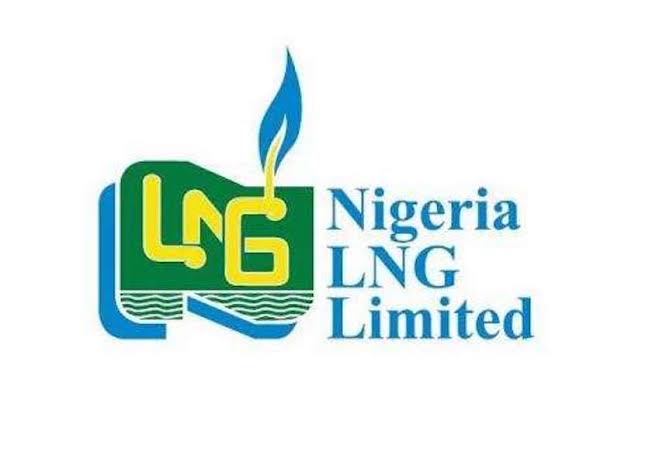
As far back as 2009, the fate of $4.44 billion in dividends paid to the Federal Government in connection with its investment in the Nigeria LNG Project became the subject of disagreement between the House of Representatives and the NNPC.
The controversy arose as a result of an investigation by the House of Representatives Select Committee into the activities of the then Department of Petroleum Resources (DPR), NNPC, and its subsidiaries.
There was also the issue of the previous administration illegally diverting $1.05 billion (378 billion naira, or 360 naira to the dollar) from the NLNG dividend fund to cover subsidy payments on petroleum products in secret, among other things. The current administration has also been controversial in its management of the NLNG fund. For instance, the Bola Tinubu-led Federal Government last year indicated its desire to use NLNG Limited dividends to borrow.
Analysts said this could have prevented the naira from depreciating against the dollar. However, they also argued that the implementation of the securitization strategy could have a negative impact on gas production if it affected the company’s operations or available resources.
Furthermore, it is believed that the mismanagement of borrowed funds by the Nigerian government could result in a liquidity shortage for future projects and a decline in investor confidence.
Securitization of dividends simply means using dividends as collateral for borrowing. According to reports at the time, the government was essentially planning to use NLNG’s future expected earnings to raise funds immediately. However, with regard to payments for raw gas, the NLNG report highlighted that the joint venture (JV) has paid about $36 billion to raw gas suppliers since its inception to date, with 55 to 60 percent of its payments going to the Federal Government.
With the construction of the facility, the company has generated significant foreign direct investment (FDI) in the country, with assets including real estate, plant, and equipment worth about $20 billion, while 51 percent of the shares were owned by international oil companies and 49 percent belong to the Federal Government.
The company further explained that it has contributed about 4 percent to Nigeria’s annual Gross Domestic Product (GDP) since 2008, highlighting that in the 2024 GDP recalculation, NLNG’s contribution to GDP is estimated to be about 1 percent.
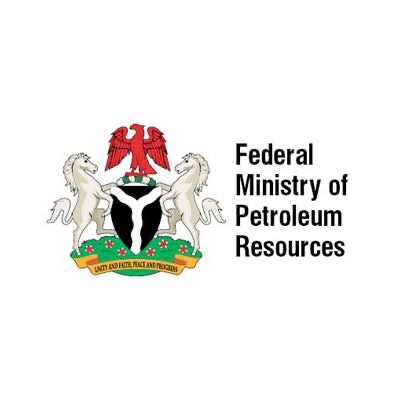
“NLNG provided over 12,000 jobs at the peak of construction of Trains 3, 4 and 5 respectively. Overall, the major sub-contractors employed over 18,000 Nigerians in technical jobs in the Base Project (Trains 1 and 2),” it said.
He said NLNG has promoted the development and employment of the Nigerian workforce through each Nigerian content plan in the contract.
In his host community, through the Local Contractor Empowerment Initiative, local contractors were investing in their own businesses, thereby expanding their operational capacity.
As 55% of the engineering activities and procurement in Nigeria were carried out by Nigerian providers on Train 7, the capacity of local providers was also developed through mentorship and partnerships between more established Nigerian providers and community providers.
According to the report, from 1999 to 2023, NLNG converted and exported 237.7 billion standard cubic meters or 8.39 trillion cubic feet of associated gas as LNG and liquefied natural gas, contributing significantly to the country’s revenues. The company has thus contributed to reducing gas flaring in Nigeria from more than 65% in 2021 to less than 20%.
“This has helped to protect the environment from the effects of gas flaring and has also enhanced government’s earning by the monetization of this gas. The environment is further protected by the significant reduction in felling of trees for use as fuels for domestic cooking and heating.
“In addition, NLNG has contributed to a healthier nation by encouraging the use of cleaner energy through its domestic LPG supply programme which has also resulted in reduced expenditure on respiratory health issues,” it said.
NLNG and its shareholders agreed to the “Nigerianization Programme” on September 1, 1997, which was amended and updated in 2004. The programme’s goal of “Nigerianizing” the company’s employees was achieved in 2012.
The company is now run by a 100 percent Nigerian management team and 95 percent Nigerian staff. NLNG, therefore, contributes to the reduction of unemployment figures in Nigeria and the development of skills and competencies critical to drive Nigeria towards a vibrant economy,” the report said.
One of its subsidiaries, NLNG Shipping & Marine Services Limited (NSML), said the report remains the largest single employer of seafarers in Nigeria, training hundreds of maritime officers up to captains and chief engineers.
NLNG said its more than a decade of intervention in the supply of LPG (also known as cooking gas) to the domestic market under the NLNG Domestic LPG (DLPG) scheme has supported the supply, availability, and affordability of LPG as well as the development of various components central to the DLPG value chain in Nigeria.
“NLNG supplies about 40 percent of Nigeria’s domestic LPG demand and, is currently the highest single supplier of LPG into the domestic market, delivering circa 400,000 tonnes of LPG. 100 percent of produced LPG volumes from NLNG is dedicated to the domestic market. The volume is expected to grow with commissioning of Train 7.
“This is in line with the vision to continually contribute to the growth in the sector and in helping to build a better Nigeria. The Company’s first domestic Propane cargo was also delivered in 2021,” it said.


